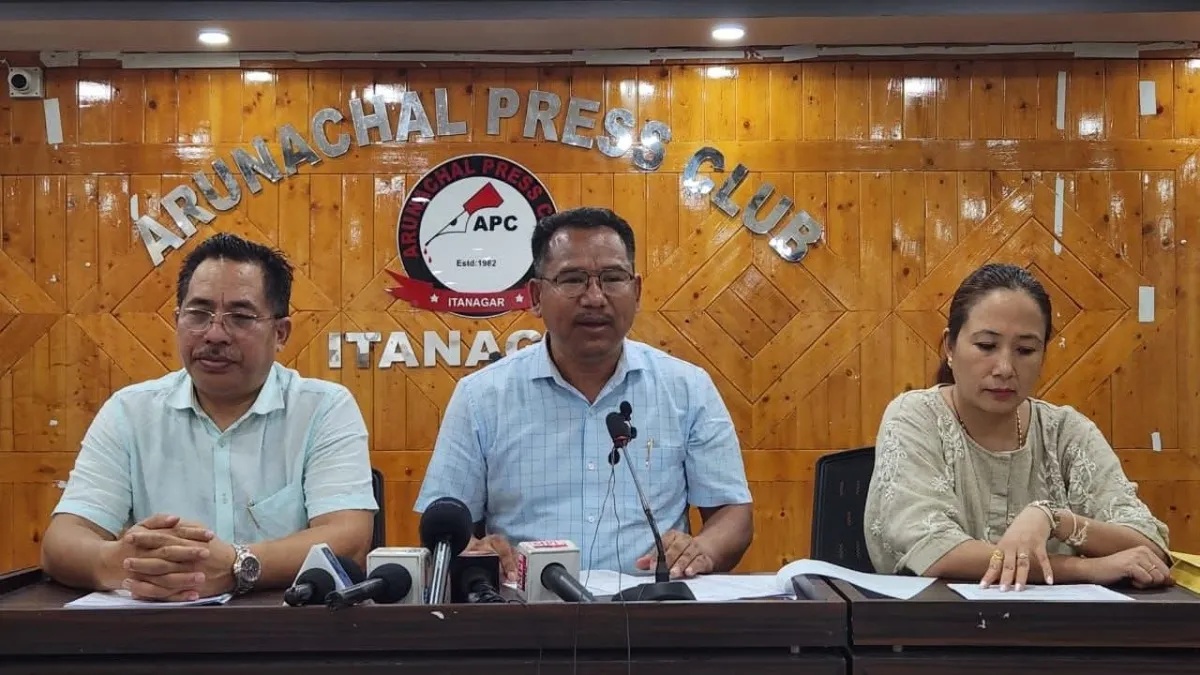
Strike Against Delayed Pay Commission and Unmet Demands
Thousands of government employees across India are set to participate in a nationwide strike on July 9, organized by the Confederation of Service Associations of Arunachal Pradesh (CoSAAP). The protest, spearheaded by the All India State Government Employees (AISGE), aims to pressure the central government to establish the 8th Central Pay Commission, a constitutional mandate due since January 1, 2026. CoSAAP President Likha Tech emphasized that the delay in implementing the pay commission has left public sector workers grappling with soaring living costs, despite the country’s economic growth. The strike will see peaceful demonstrations in Itanagar, with participants holding placards and banners to highlight their demands. Following the protest, employees will resume duties at key government offices, including the Civil Secretariat, after a two-hour dharna. Tech stressed that the economic recovery has not translated into improved wages, with daily commodity prices rising sharply, forcing workers to take collective action.
Historical Context and Pay Commission Delays
The demand for the 8th Central Pay Commission is rooted in a 10-year cycle of revisions, with the first commission established in 1946. Tech highlighted that the constitutional deadline for the new commission’s implementation has passed without action, leaving employees in limbo. While the Indian economy shows signs of recovery, Tech argued that the cost of living has outpaced wage growth, eroding the purchasing power of public sector workers. The strike represents a democratic movement to address systemic issues, with participants calling for urgent reforms. CoSAAP’s decision to align with the AISGE reflects a broader trend of state-level employee associations uniting to demand accountability. The protest also includes calls for the release of 18 months of withheld Dearness Allowance (DA) from the pandemic era, a demand that has remained unaddressed despite repeated requests.
Additional Demands for Job Security and Fair Treatment
CoSAAP’s protest extends beyond the pay commission, with workers demanding the regularisation of all contractual employees and an end to outsourcing practices that threaten job security. The union argues that reliance on temporary staff undermines workforce morale and creates instability. These measures, they claim, are essential for creating a sustainable employment environment. The strike also highlights concerns over the central government’s failure to clear pending DA payments, which has left employees in financial distress. Tech noted that the government’s delayed response to these issues has exacerbated the crisis, prompting the need for immediate action. The union’s focus on transparency and accountability underscores the growing frustration among public sector workers, who feel their voices are being ignored despite the nation’s economic progress.
Public Sector Challenges and Government Response
The strike has sparked discussions about the broader challenges facing public sector employees, including the need for equitable wage adjustments and improved working conditions. While the government has not yet issued a formal response, the protest reflects deepening dissatisfaction among workers. CoSAAP’s alignment with the AISGE signals a coordinated effort to amplify their demands, leveraging collective strength to pressure policymakers. The strike also raises questions about the effectiveness of existing mechanisms for addressing employee grievances. As the protest unfolds, it will be critical to monitor how the government responds to these calls for reform, particularly given the long-standing delays in implementing the pay commission. The situation highlights the delicate balance between economic growth and the welfare of public sector workers, a challenge that remains central to India’s governance.
Implications for Worker Rights and Policy Reforms
The nationwide strike has drawn attention to the systemic issues plaguing public sector employment, with workers demanding urgent policy reforms. CoSAAP’s emphasis on the 8th Central Pay Commission underscores the need for regular wage revisions to keep pace with inflation and living costs. The union’s call for the release of withheld DA and the regularisation of contractual positions reflects a broader push for transparency and fairness in government employment practices. As the protest gains momentum, it may serve as a catalyst for meaningful dialogue between employees and policymakers. The government’s response to these demands will likely shape the future of public sector labor relations in India. Ultimately, the strike highlights the importance of addressing employee concerns to ensure stability and morale within the public workforce.




